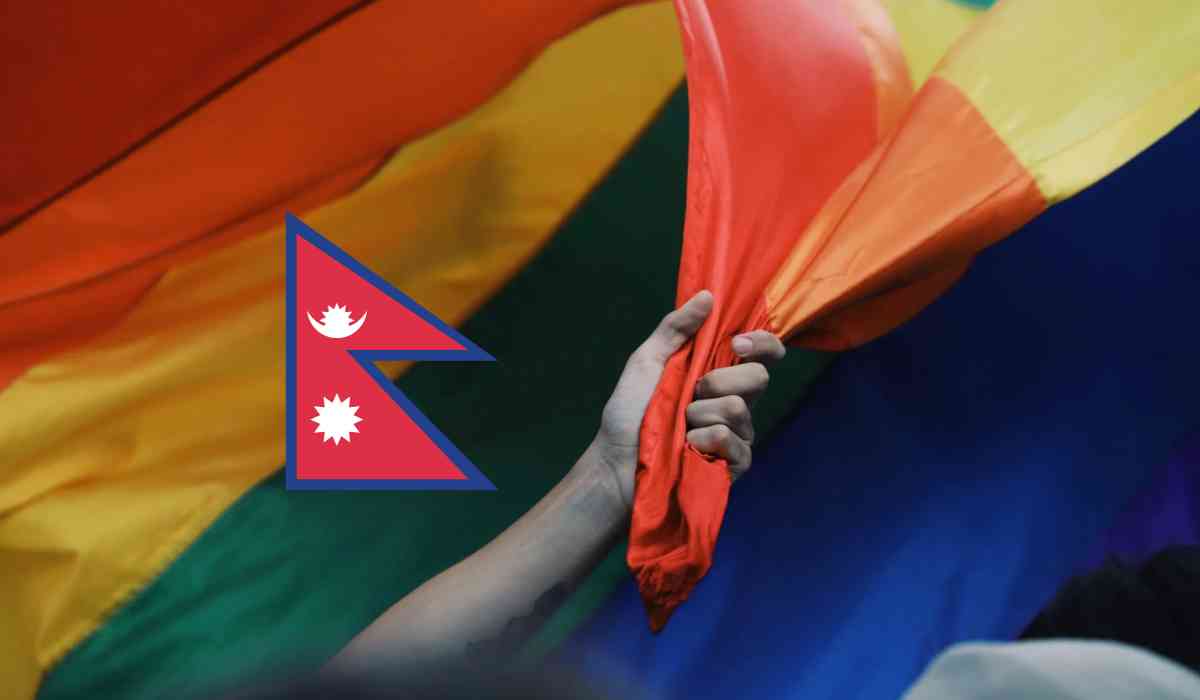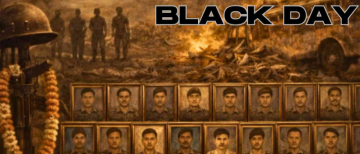In a groundbreaking move, Supreme Court judge Til Prasad Shrestha has directed the registration of marriages for same-sex and non-traditional couples as "temporary" until lawmakers establish a permanent legal framework. This interim ruling, issued on June 28, mandates Nepal’s government to create a separate registry for same-sex marriages, ensuring equal rights alongside heterosexual partnerships. Notably, opponents of this historic order have been given a two-week window to voice their objections.
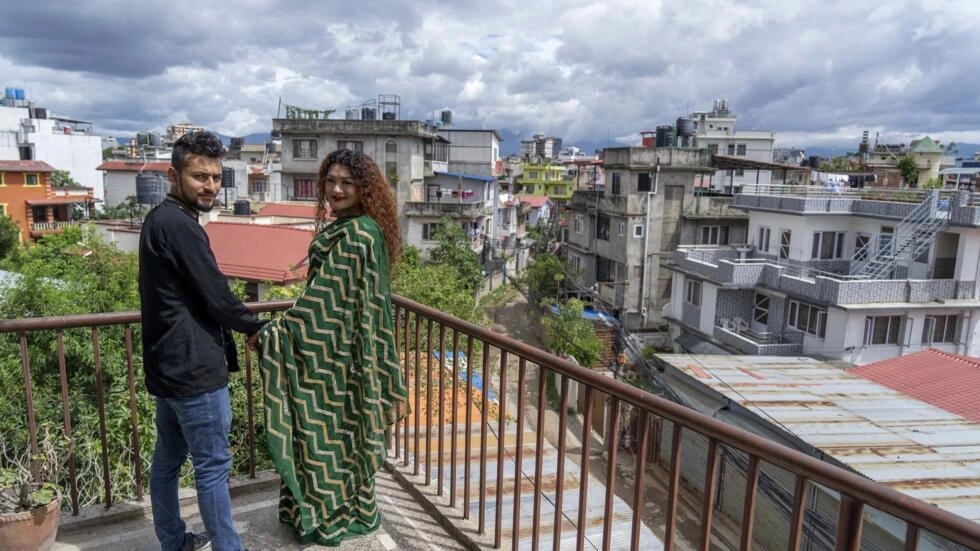
Nepal leads the way:
Nepal's judiciary has made history by becoming the first in South Asia to recognize same-sex marriages. This ruling, a culmination of efforts by LGBTQ+ activists petitioning since 2007 for legislative amendments promoting equal rights, signifies a significant stride forward. Pinky Gurung, a transgender advocate leading Nepal’s Blue Diamond Society, hailed the verdict as a historic milestone, showcasing a gradual shift in societal acceptance.
Challenges and Triumphs
While the 2011 census estimated 1,500 individuals identifying within diverse sexual or gender identities, activists argue that Nepal’s queer community comprises 2.5 million among its 30 million citizens. Maya Gurung, a transgender individual, highlights the ongoing struggle, expressing hope for the legal security of her six-year marriage. However, she notes that the battle for full recognition continues, aiming to access the privileges enjoyed by all married couples.
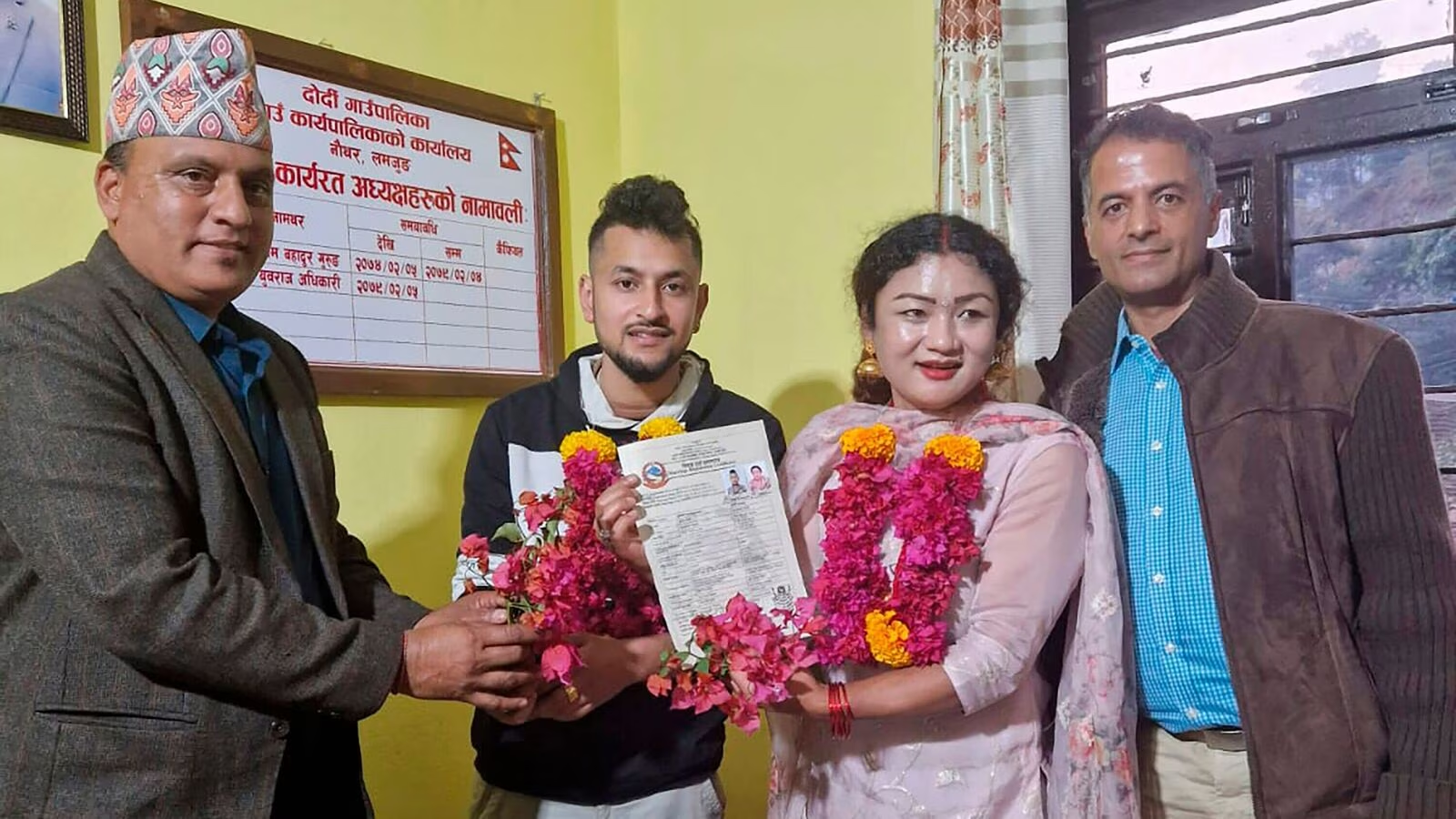
Mixed reactions:
Western diplomats celebrated this ruling during Pride month, underscoring the essence of marrying the person one loves. However, conservative voices, like former Deputy Prime Minister Kamal Thapa, oppose it, citing conflicts with natural law, social norms, and culture. Lawyer Sujan Panta warns of prevalent beliefs against same-sex unions among influential figures, despite Nepal's judicial leap forward.
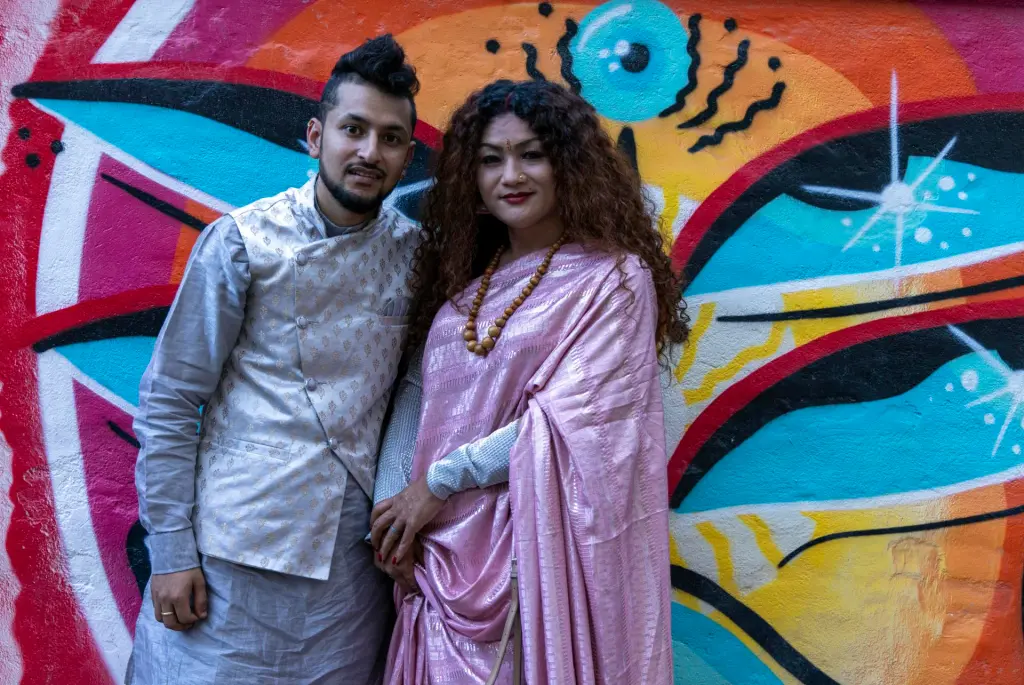
Ushering Change
This judicial stride follows a previous court ruling favouring a same-sex couple married abroad, emphasizing constitutional breaches in recognizing their union within Nepal. The nation’s efforts to combat social discrimination post-Maoist rebellion and the abolition of the Hindu monarchy have been evident. Nepal's constitution, approved in 2015, upholds guidelines against discrimination, allowing citizens to use a third gender on official documents.
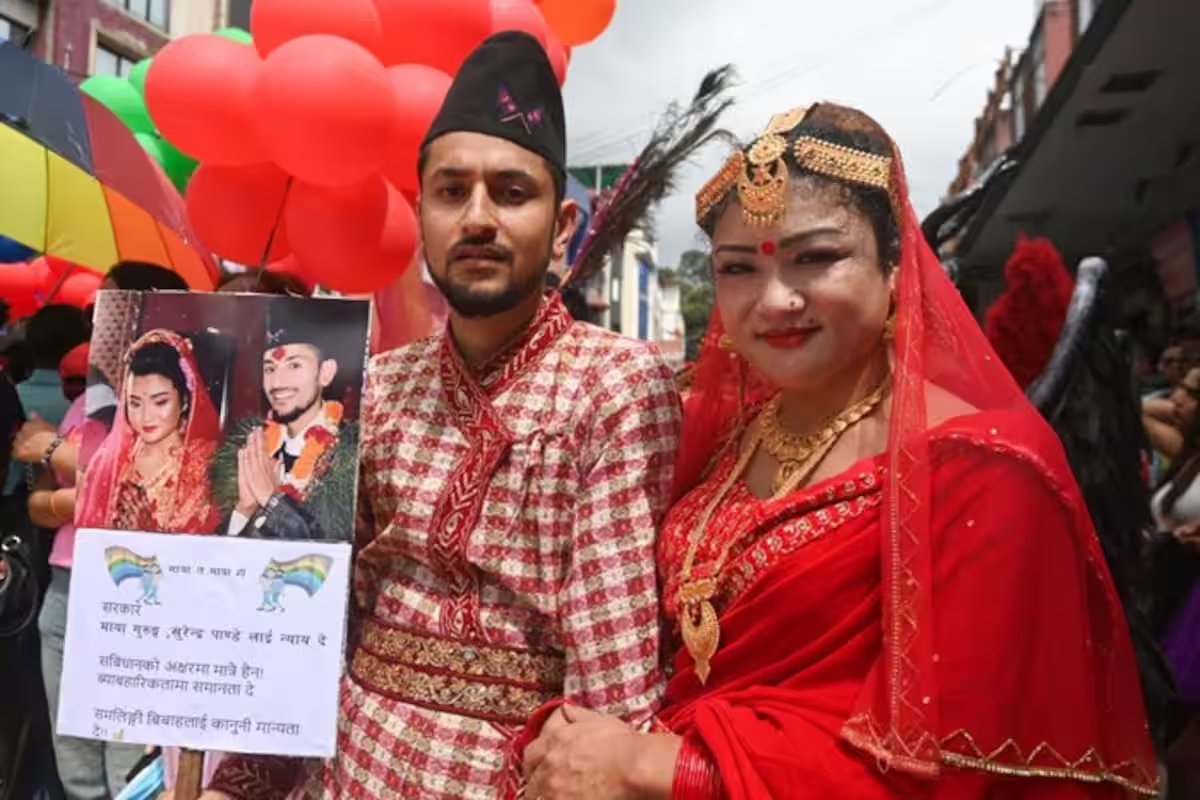
Road Ahead
Despite celebratory parades and unofficial LGBTQ+ weddings, discrimination and violence persist in Nepal's queer community. While this judicial order marks a significant step, it represents merely the initial push towards the legalization of same-sex marriage. Nepal stands at the cusp of change, with this ruling embodying the nation's evolving stance on equality and human rights.
© Copyright 2023. All Rights Reserved Powered by Vygr Media.

